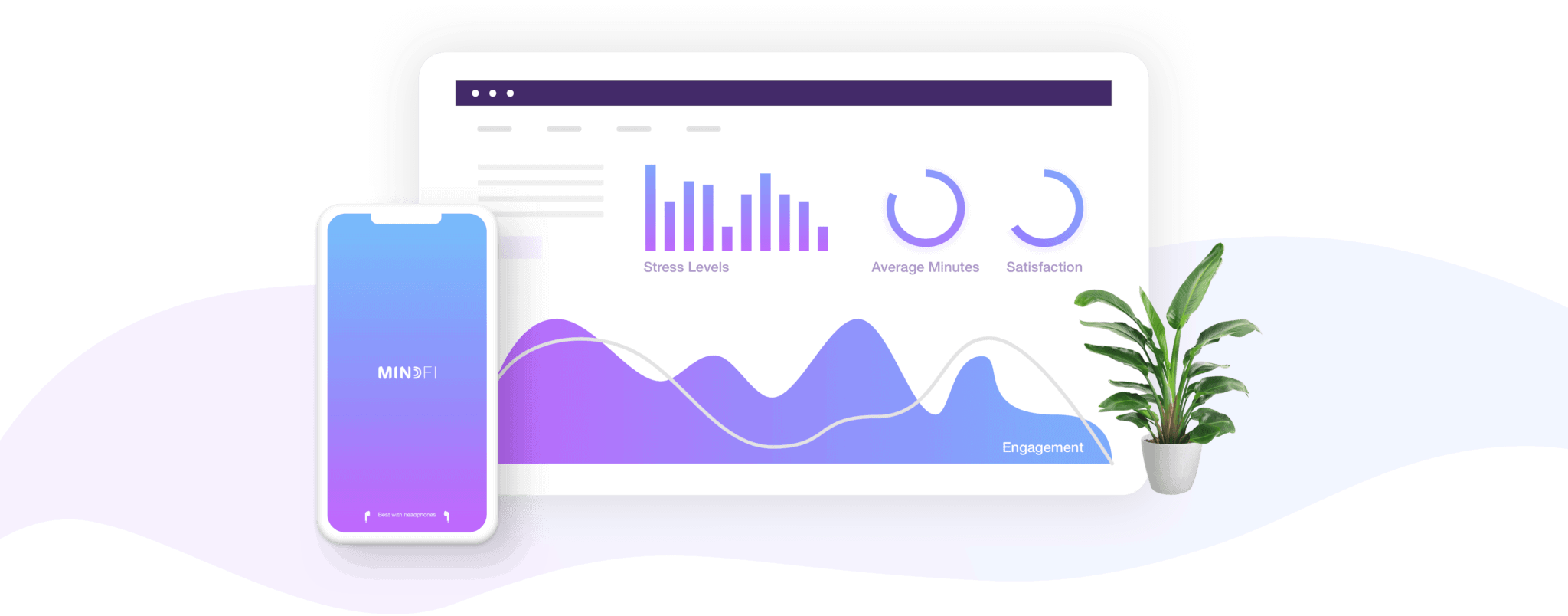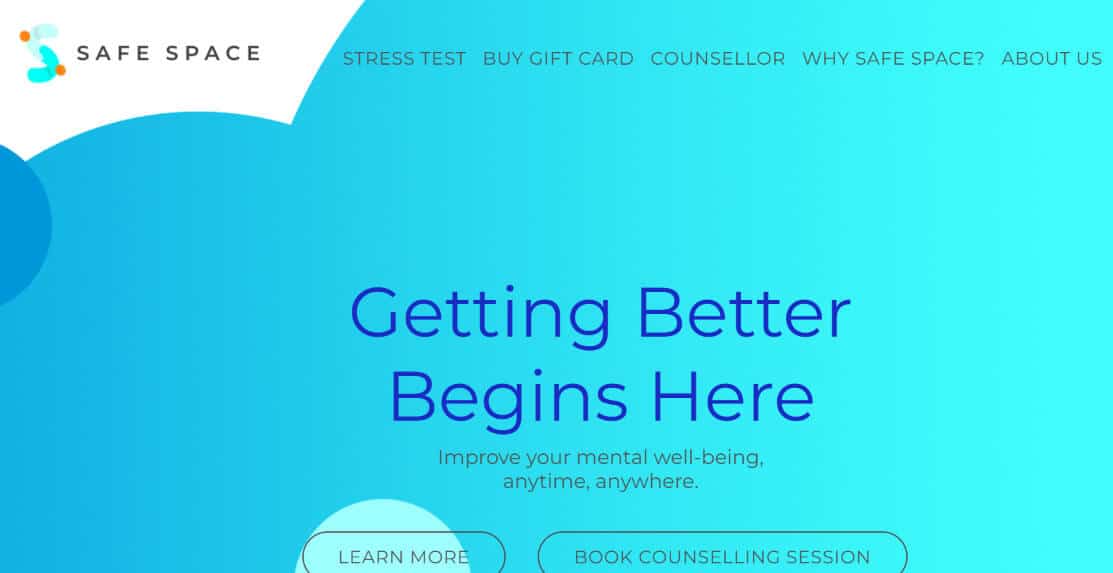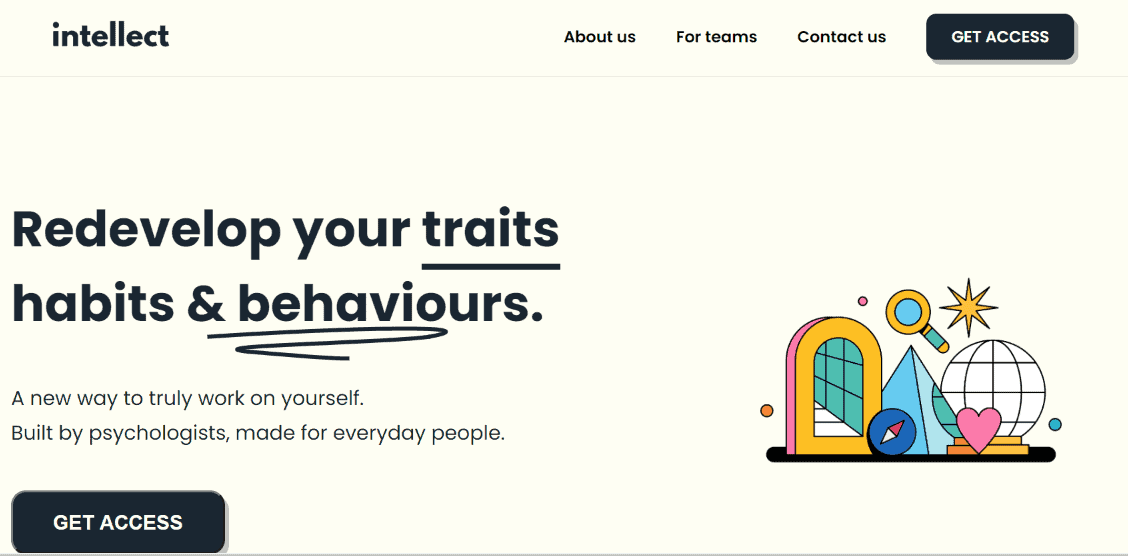According to the findings of a recent Qualtrics study, 41.5% of employee respondents said that their mental health has declined since the COVID-19 outbreak.
This is over a sample size of more than 2,000 employees surveyed at the end of March and early April 2020 in Australia, France, Germany, New Zealand, Singapore, the UK and the US.
Beyond that, 44.4% of those who are now working from home say their mental health has declined.
This may not come as a shock to many who are forced to work remotely since the beginning of the global pandemic.
Blurring “work-life” balance
In a recent LinkedIn poll that we administered, 445 LinkedIn users were asked the question, “From an EMPLOYEE perspective, what are the top challenges when it comes to Work from Home”?
And it was not surprising to see that 56% of the voters chose “Blurring Work-Life balance” as the top-most challenge.
Zoom apnea or fatigue is a constant and the line between work and home seems to be fast disappearing.
While there are enormous positives to “remote work” such as the elimination of mindless commute and overpriced lunches, the lack of mental wellbeing could negate the gains.
Health experts have been trying to garner attention to the long-term emotional and psychological cost of the pandemic and the resultant “remote or alternate work” arrangements.
So far, their words have fallen on deaf ears!
Mental Health missing in Corporate Wellness Programs
The Qualtrics study further shares some shock findings:
- Newly remote workers are 30% more likely than those still employed in any other setting (office, non-traditional office setting, self-employed, etc.) to say their mental health has declined.
- For those who have worked from home for more than 2 weeks, they are 50% more likely to say that their mental health has declined due to “more chronic sadness” and “more fatigue”
This is an Early Warning Signal (EWS) to Enterprise HR teams to nip this problem in the bud by escalating this to the Leadership and Managers on the looming crisis and propose suitable measures to mitigate the problem.
Chatters around Employee Mental Health have been going on for quite some time. While most enterprises have not gone beyond providing the cursory online fitness sessions, it’s only the large MNCs which have set up an Employee Assistance Program (EAP) hotline (though the efficacy of such support has always been debatable).
Putting a band-aid over an infected wound isn’t going to help much, let alone a wound that is internal.
Technology to the Rescue, but adoption continues to be a challenge
There are better ways to tackle this emerging problem and technology could be a sure shot way to provide a tailored solution, with the ability to scale fast.
As with many other HR Technology segments, most popular players with a large user base are from the US (Headspace) and India (Wysa, YourDost).
Across the South East Asia region, start-ups like Aarooga (Philippines), Kalm (Indonesia), Ooca (Thailand) Riliv (Indonesia), are entering this space with a huge focus
While there are a number of Mental Wellness technology tools and apps but adoption hasn’t spiked during COVID-19.
A key reason for the low adoption rate has been the lack of adoption by Enterprises of such tools. Only enterprise adoption can drive volumes in a segment like mental wellness.
Hence, most Mental Wellness apps globally, have been very B2C focused, therefore, struggling to expand the dragnet.
The emergence of Singapore homegrown Mental Wellness Apps
Very few Singapore-based start-ups and service providers operate in this space, and here’s the list of these home-grown apps in the Mental Wellness space that are slowly garnering attention:
MINDFI (Founded: 2017, HQ: Singapore)

They also have expert-guided training sessions that cater to teams, managers and leaders.
“When managers are happier and healthier, team productivity increases while stress levels decrease”.
They also go a step further to target the HR Benefits teams by providing research-based analytics reporting that suggests actionable programs or policies to help optimize wellness budgets to manage healthcare costs.
Safe Space (Founded: 2017, HQ: Singapore)
Started by ad professionals, Safe Space focuses on providing a “safe space” for people to strengthen their mental resilience through teletherapy support and preventive mental health education. Initially, while their focus was an offline face-to-face format, COVID-19 triggered them to move online with a video-conferencing feature and AI-based features to match the right counsellors based on the user profile.
Most people hesitate to seek a clinical therapist and hence their focus is to provide a digital platform that hosts a team of clinical therapists to provide fast, discreet & affordable access to mental health therapy via desktop or mobile app.
Intellect.co (Founded: 2019, HQ: Singapore)
The team at Intellect focuses on leveraging psychological science to help anyone redevelop their traits, habits & behaviours on the go.
The app transforms conventional face-to-face therapy into bite-sized modern self-therapy sessions at users’ own convenience.
It tackles a variety of issues pertaining to their personal behaviours, relationships, and work habits, through comprehensive month-long programs they’re calling ‘Learning Paths’ as well as more instant standalone ‘Rescue Sessions’.
JOYE.AI (Founded: 2020, HQ: Singapore)
Joye positions itself as the world’s 1st voice-enabled experience to weave mental health into every employee’s digital lifestyle.
Focusing on the aspect of “a healthy mind is a productive mind”, Joye’s AI-powered contextual nudges will keep the user positive and productive amidst the emotional flux.
Employees can now manage their day to day anxieties in a smarter way, even if they are working remotely. Joye helps their mental health like a gym routine would help their physical health.
In parallel, new voice-of-employee insights help HR to shape workplace culture in the new normal.
Where do we go from here?
As we have seen in every HR Technology segment’s growth, this is an early trend with just a handful of players trying to garner eyeballs and attention.
With a nudge from the Singapore government, which has always been at the forefront of workforce wellbeing, this segment will get a further fillip and more homegrown and foreign players will enter the Singapore market in large numbers.
It’s essential for all stakeholders (Government, Corporates, Non-profit Organizations and Individuals) to come together and create a more coordinated and holistic response to a crisis that could have a far more devastating impact than the current pandemic.
This article is co-written with Sriram Iyer of hrtech.sg








